How to Save Money as a Driver
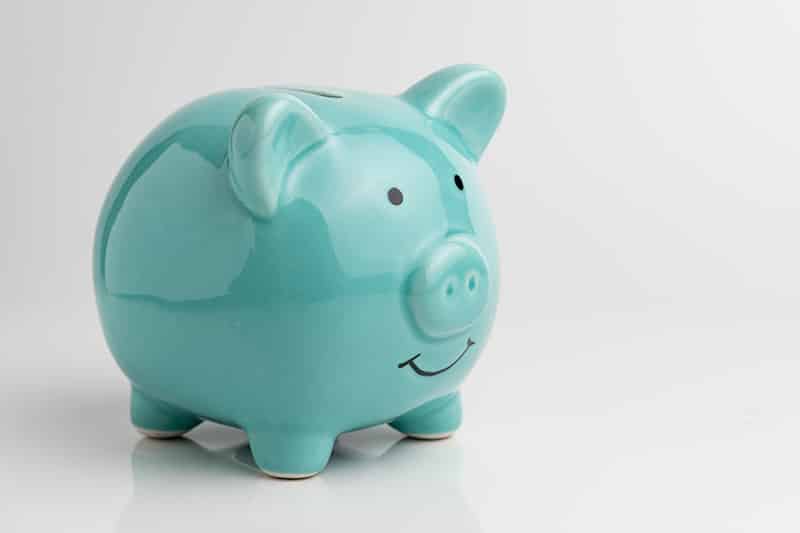
Are your costs of driving increasing? Are you spending too much on fuel or servicing your vehicle? There are plenty of quick and easy tips you can adopt which will save you both pounds and pennies.
Read our top 10 tips on how to cut your motoring costs.
1. Cut your fuel costs
Fuel can easily be labelled the most expensive part of owning a vehicle. There are a number of ways you can cut your costs in this area.
- Cashback-card options – hunt around as there are always a number of available. They may be only for a limited time only and offer a small return, every penny counts.
- Fill up at supermarkets – get into the habit of filling up at a supermarket forecourt when you do your shop. Which? calculated that supermarkets came out cheaper at 105.04p versus 110.80p.
- Keep an eye on your local petrol stations – don’t go out of your way to find cheaper fuel but make a mental note of petrol prices as you’re driving around.
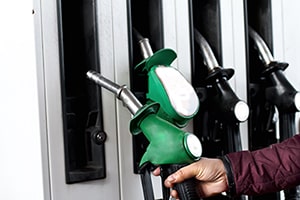
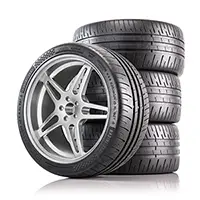
2. Buy economical tyres and check their pressure regularly
It’s often tempting to choose the cheapest tyre available but this can prove costly in the long run. They will not perform as well as more expensive tyres with regard to stopping distance and handling and will also have a knock on effect on your fuel economy. Research, again by Which?, discovered that higher quality tyres can improve fuel economy by approximately 2.5mpg. That could equate to a saving of £50 off your annual fuel bill.
Check your tyre pressure regularly too. Refer to your vehicle’s handbook and keep them maintained at that pressure. Under-inflated tyres will cause the car to drag, the tyre will wear faster and/or unevenly and this will result in needing to change the tyres more often.
3. Maintain Your Vehicle
Make sure you maintain your vehicle in line with its service schedule. There are also a few rules that you can follow yourself and are simple to carry out which will contribute to your vehicle’s longevity and save you money. Newer vehicles can be more complex to maintain yourself with the need for specialist mechanics to carry out the checks. These simple checks can be carried out by anyone regardless of the vehicle:
- Change your oil every 5000 miles.
- Change your air filter every 12000 miles.
- Rotate your tyres every 5000-10000 miles.
Read our simple tips on How to Maintain Your Vehicle.
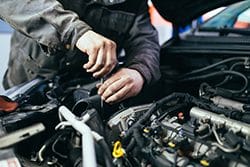
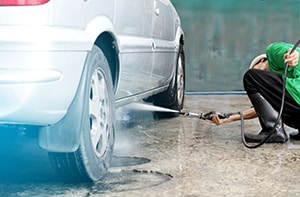
4. Clean your Vehicle
Cleaning your car can benefit your driving costs in a few ways. If you’re looking to sell in the future a well maintained car will hold more value and help achieve a better sale price. Get into the habit or having a regular clear out interternally. Externally, the windscreen, lights and the body of the vehicle need regular attention. Secondly, if your car is full of unnecessary items, the added weight will require the engine to work harder therefore increasing fuel consumption.
5. Choose a greener car
The UK is making vast strides towards an uprising in electric vehicles. The demand is rising alongside advances in the performance of greener vehicles themselves. EVs bring with them buying incentives, low running costs, tax benefits as well as the wider benefit of zero emissions. Read our guide to the Pros and Cons of Electric Vehicles.
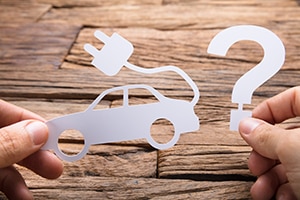

6. Don’t rev the engine when you turn it on and drive gently when the car is cold.
Historically cars needed a little push of the accelerator to get it going and warm them up. These days, every car has electronics that regulate the starting procedure. There is no need to let it warm up and the advice would be to drive it gently, straight away. The car will warm up faster and in doing so, will use less fuel in the process.
7. Shop around for car insurance
Insuring your car is one of the greatest costs of motoring alongside fuel. On average, a driver will spend £38.50 a month on insurance (£462 a year). It’s easy to let an auto-renewal quote tick over – don’t. Compare your quote against others and then call your insurer to try and negotiate a better deal.
There are circumstances that can affect your insurance premium that you can try and change if you have the ability to do so. Factors such as storing your car in a garage can have a positive effect on your premium.
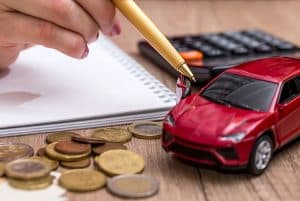

8. Steer clear of kerbs
If you drive up and down kerbs you are damaging the metal wires in the sidewall of the tyre. In doing so, you’ll eventually get a puncture. Save yourself the cost of a new tyre and avoid the kerb.
9. Check your car before you take it for an MOT
A huge number of vehicles fail their MOT due to simple things that can be avoided by carrying out simple checks. Whether its a broken bulb, a worn tyre, a damaged windscreen wiper, even the simplest of faults will fail and require you to pay for a second test.
Follow our simple tips on How to Complete a Pre-MOT Checklist.
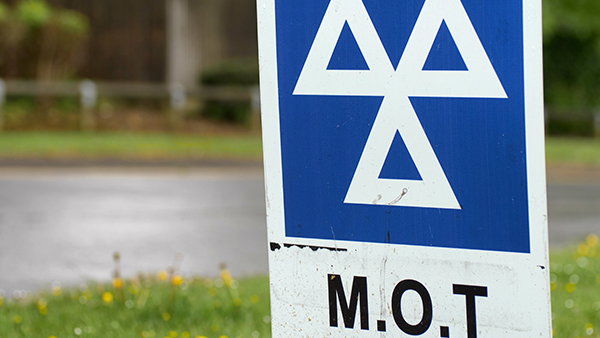
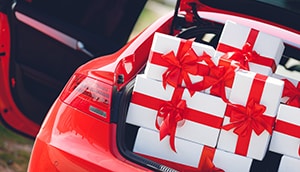
10. Reduce drag by losing the roof rack and boot contents
Remove bike carriers and roof racks when you’re not using them. For every additional 50kg of weight your vehicle carries, your fuel consumption will increase by 2%. It may be a small savings, but every penny counts. Open windows can also cause considerable drag so think about using your air conditioning when driving at faster speeds.
